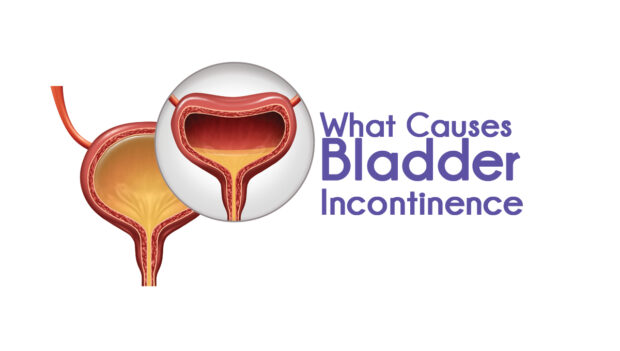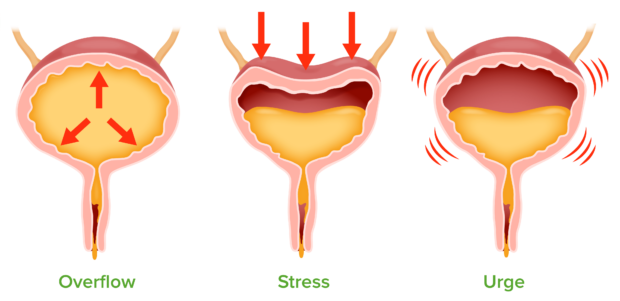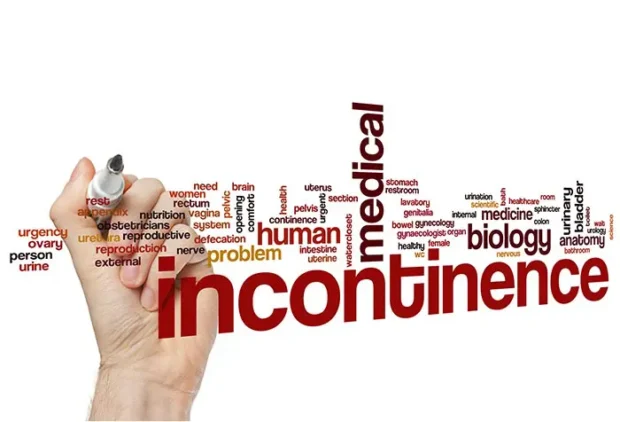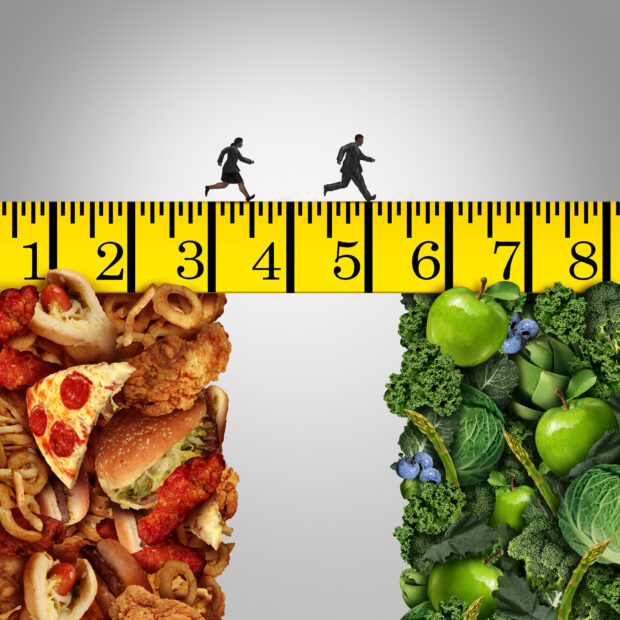Experiencing incontinence can be a frustrating and embarrassing issue. Luckily, there are ways to manage the condition and live a normal, fulfilling life. In this article, we’ll share some tips on how to do just that.
Causes of Incontinence

There are many different causes of incontinence, and it is important to understand what may be causing your incontinence in order to treat it effectively. Some common causes of it include:
– Weaken pelvic floor muscles: This can happen due to pregnancy, childbirth, menopause, or other factors.
– Nerve damage: This can be caused by surgery, injury, or diseases such as diabetes or multiple sclerosis.
– Urinary tract infection: A UTI can irritate the bladder and cause incontinence.
– Constipation: When you are constipated, waste builds up in your intestines and puts pressure on your bladder, which can lead to incontinence.
If you are dealing with it, talk to your doctor about what may be causing it and what treatment options are available.
Types of Incontinence

There are four main types of incontinence:
– Urge incontinence: This is when you have a sudden, strong urge to urinate followed by an involuntary loss of urine. Urge incontinence is often caused by an overactive bladder or problems with the muscle that controls urination.
– Stress incontinence: This is when urine leaks out when you cough, laugh, sneeze, or exercise. Stress incontinence is usually caused by weak or damaged pelvic floor muscles.
– Overflow incontinence: This is when you can’t control your urge to urinate and you leak small amounts of urine frequently. Overflow incontinence is often caused by an obstruction in the urinary tract or a problem with the nerves that control urination.
– Functional incontinence: This is when a physical or mental impairment prevents you from making it to the bathroom in time. For example, if you have arthritis, you may not be able to get to the toilet in time. Or, if you have dementia, you may not be able to remember how to use the toilet.
Treatment Options

There are a number of different treatment options available for people who suffer from incontinence. The best course of treatment will vary from person to person, and will depend on the underlying cause of the incontinence. Some common treatment options include:
- Absorbent products: These can help to absorb urine and prevent leakage. They come in a variety of forms, including pads, diapers, and underwear.
- Medications: There are a number of different incontinence supplies or medications that can be used to treat it. The type of medication prescribed will depend on the underlying cause of the incontinence.
- Surgery: In some cases, surgery may be necessary to treat incontinence. This is usually only an option when other treatments have failed or when the incontinence is caused by a structural problem in the urinary tract.
- Behavioral therapies: There are a number of different behavioral therapies that can be used to treat incontinence. These therapies can help to retrain the bladder and pelvic floor muscles, and can also help to change certain behaviors that may contribute to incontinence (such as smoking or not drinking enough fluids).
Diet and Lifestyle Changes

If you’re dealing with incontinence, you might be feeling frustrated and helpless. But there are things you can do to manage your condition and improve your quality of life. Here are some tips for living well with it:
– First, take a look at your diet. Are you eating foods that are irritating to your bladder or bowel? Common offenders include caffeine, alcohol, spicy foods, and citrus fruits. If you suspect that certain foods are triggering your incontinence, try eliminating them from your diet for a week or two to see if there’s a difference.
– You should also make sure that you’re drinking enough fluids throughout the day. This will help keep your urine diluted and less likely to irritate your bladder. aim for six to eight glasses of water or other non-caffeinated beverages per day.
– Exercise is important for everyone, but it’s especially crucial if you’re dealing with incontinence. Exercise strengthens the muscles around the bladder and can help prevent leakage. Even just 30 minutes of moderate exercise each day can make a big difference.
– Managing stress is also key. Stress can exacerbate incontinence symptoms, so it’s important to find ways to relax and de-stress. Consider yoga, meditation, or deep breathing exercises.
When to Seek Help?

There’s no need to suffer in silence if you’re living with incontinence. While it can be a sensitive and embarrassing issue, there are plenty of resources and treatments available to help you manage the condition. If you’re struggling to cope with it, here are a few tips for when to seek help:
- When your quality of life is affected – If incontinence is impacting your ability to enjoy your life, it’s time to seek help. Whether it’s affecting your work, social life or personal relationships, don’t hesitate to talk to a medical professional about your options.
- When you’re experiencing severe symptoms – If you’re experiencing severe incontinence symptoms, such as constant leakage or accidents several times a day, it’s important to seek medical help. This is especially important if over-the-counter treatments haven’t helped to improve your symptoms.
- When you’re unsure about what’s causing your symptoms – If you’re not sure what’s causing your incontinence, or if you think it may be due to a more serious underlying condition, it’s important to see a doctor. They can carry out tests and investigations to determine the cause of your symptoms and provide the appropriate treatment.
Conclusion
We hope that these tips have helped you learn how to live well with incontinence. This condition can be very difficult to deal with, but by following these suggestions, you can make it much easier on yourself. Remember to talk to your doctor about any concerns you have and to get help if you’re struggling to manage your incontinence. With the right support, you can live a full and active life despite this condition.




